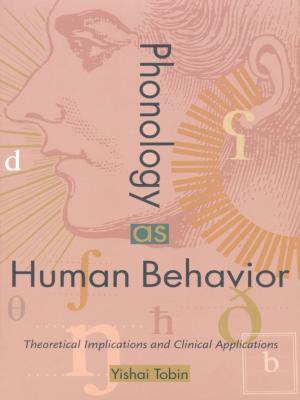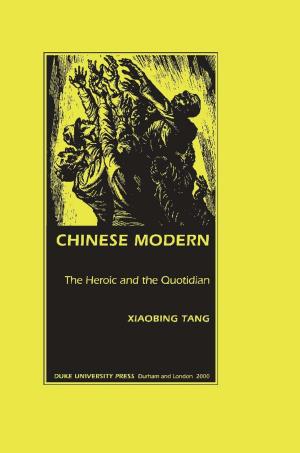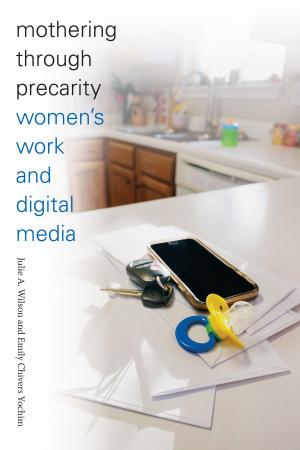Creating Market Socialism
How Ordinary People Are Shaping Class and Status in China
Nonfiction, Social & Cultural Studies, Social Science, Sociology| Author: | Carolyn L. Hsu, Julia Adams, George Steinmetz | ISBN: | 9780822390428 |
| Publisher: | Duke University Press | Publication: | September 3, 2007 |
| Imprint: | Duke University Press Books | Language: | English |
| Author: | Carolyn L. Hsu, Julia Adams, George Steinmetz |
| ISBN: | 9780822390428 |
| Publisher: | Duke University Press |
| Publication: | September 3, 2007 |
| Imprint: | Duke University Press Books |
| Language: | English |
In the midst of China’s post-Mao market reforms, the old status hierarchy is collapsing. Who will determine what will take its place? In Creating Market Socialism, the sociologist Carolyn L. Hsu demonstrates the central role of ordinary people—rather than state or market elites—in creating new institutions for determining status in China. Hsu explores the emerging hierarchy, which is based on the concept of suzhi, or quality. In suzhi ideology, human capital and educational credentials are the most important measures of status and class position. Hsu reveals how, through their words and actions, ordinary citizens decide what jobs or roles within society mark individuals with suzhi, designating them “quality people.”
Hsu’s ethnographic research, conducted in the city of Harbin in northwestern China, included participant observation at twenty workplaces and interviews with working adults from a range of professions. By analyzing the shared stories about status and class, jobs and careers, and aspirations and hopes that circulate among Harbiners from all walks of life, Hsu reveals the logic underlying the emerging stratification system. In the post-socialist era, Harbiners must confront a fast-changing and bewildering institutional landscape. Their collective narratives serve to create meaning and order in the midst of this confusion. Harbiners collectively agree that “intellectuals” (scientists, educators, and professionals) are the most respected within the new social order, because they contribute the most to Chinese society, whether that contribution is understood in terms of traditional morality, socialist service, or technological and economic progress. Harbiners understand human capital as an accurate measure of a person’s status. Their collective narratives about suzhi shape their career choices, judgments, and child-rearing practices, and therefore the new practices and institutions developing in post-socialist China.
In the midst of China’s post-Mao market reforms, the old status hierarchy is collapsing. Who will determine what will take its place? In Creating Market Socialism, the sociologist Carolyn L. Hsu demonstrates the central role of ordinary people—rather than state or market elites—in creating new institutions for determining status in China. Hsu explores the emerging hierarchy, which is based on the concept of suzhi, or quality. In suzhi ideology, human capital and educational credentials are the most important measures of status and class position. Hsu reveals how, through their words and actions, ordinary citizens decide what jobs or roles within society mark individuals with suzhi, designating them “quality people.”
Hsu’s ethnographic research, conducted in the city of Harbin in northwestern China, included participant observation at twenty workplaces and interviews with working adults from a range of professions. By analyzing the shared stories about status and class, jobs and careers, and aspirations and hopes that circulate among Harbiners from all walks of life, Hsu reveals the logic underlying the emerging stratification system. In the post-socialist era, Harbiners must confront a fast-changing and bewildering institutional landscape. Their collective narratives serve to create meaning and order in the midst of this confusion. Harbiners collectively agree that “intellectuals” (scientists, educators, and professionals) are the most respected within the new social order, because they contribute the most to Chinese society, whether that contribution is understood in terms of traditional morality, socialist service, or technological and economic progress. Harbiners understand human capital as an accurate measure of a person’s status. Their collective narratives about suzhi shape their career choices, judgments, and child-rearing practices, and therefore the new practices and institutions developing in post-socialist China.















